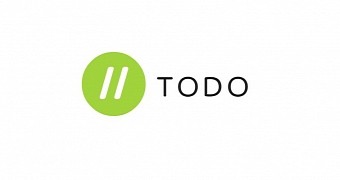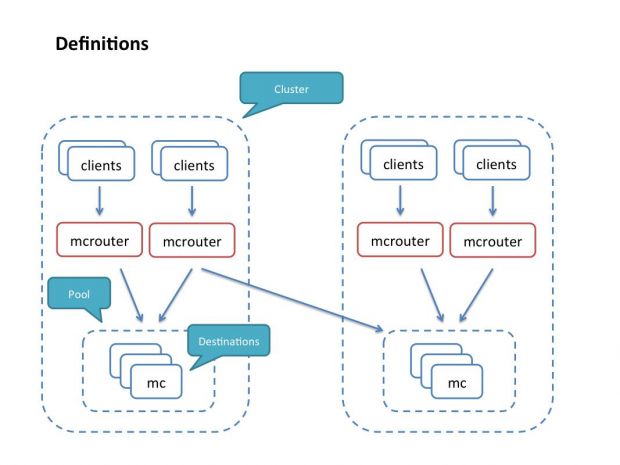Facebook announced some new plans on Monday, namely to create open source projects, including an organization called TODO that will help other companies create their own such projects.
TODO is short for “talk openly, develop openly,” and it’s a collaboration between Facebook, Google, Box, Dropbox, Github, Khan Academy, Stripe, Twitter, Square and Walmart Labs. The project is obviously quite ambitious and the number of companies working on it is fairly impressive.
“Today at @Scale 2014 we joined a number of other companies in launching a new open source collaboration called TODO. The group — whose name is a backronym for ‘talk openly, develop openly’ — was formed to address the challenges that companies like ours have encountered in consuming open source software and running open source programs,” James Pearce, Facebook head of developer advocacy and open source, said in the announcement.
He states that the overall goal in this collaboration is to make open source easier for everyone. Pearce says that they want to run better, more impactful open source programs in their own companies and to make it easier for people to consume such technologies.
While the original list of TODO members includes the aforementioned companies, the door is open to more companies that would like to join and help turn the project into “something amazing.”
Some of you might remember that, about six months ago, Facebook announced another collaboration with Google and Twitter on a project called WebScaleSQL, which is a version of the popular MySQL database. This one is also open source.
Say hello to mcrouter
Yesterday, Facebook announced yet another open source project – mcrouter. This is a memcached protocol router that Facebook uses to handle all traffic to, from, and between thousands of cache servers across dozens of clusters distributed in their data centers from all over the world.
It has so far proven to be quite efficient, handling close to 5 billion requests per second from all connected users.
“Mcrouter was also proven to work as a standalone binary in an Amazon Web Services setup when Instagram used it last year before fully transitioning to Facebook’s infrastructure,” Facebook states.
Today, the mcrouter code is available for everyone under an open sources BSD license. Facebook hopes that it will help many sites scale more easily by leveraging the knowledge the social network has about large-scale systems in an easy-to-understand and easy-to-deploy package.
Mcrouter seems to be a pretty complex solution, and since this is Facebook we’re talking about, it’s pretty safe to say that it’s an extremely useful tool.

 14 DAY TRIAL //
14 DAY TRIAL // 

